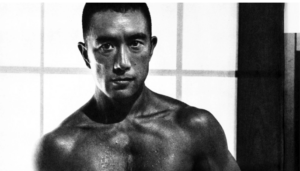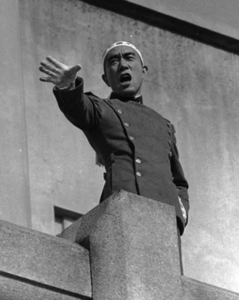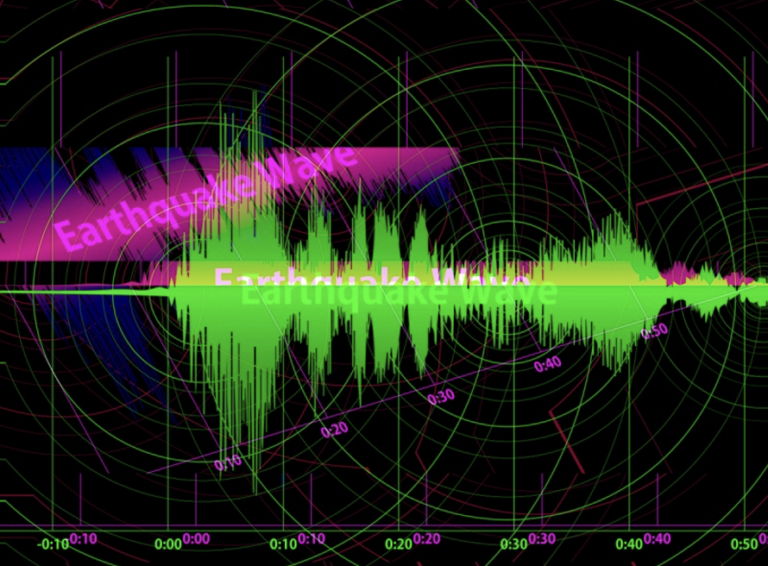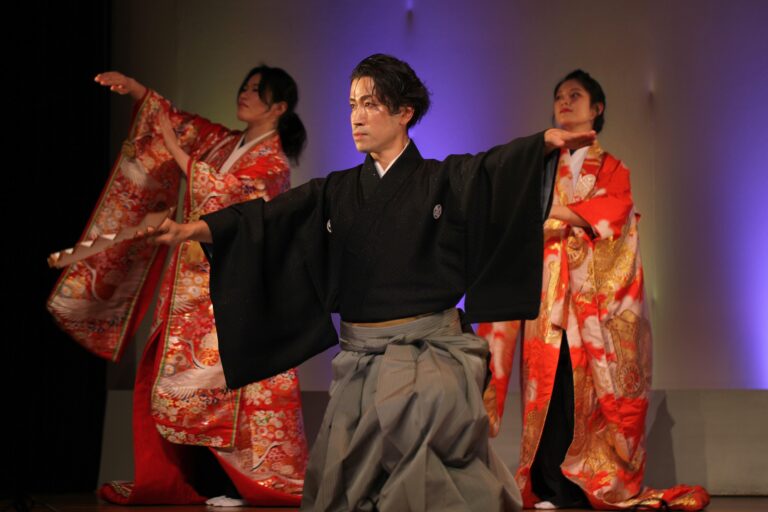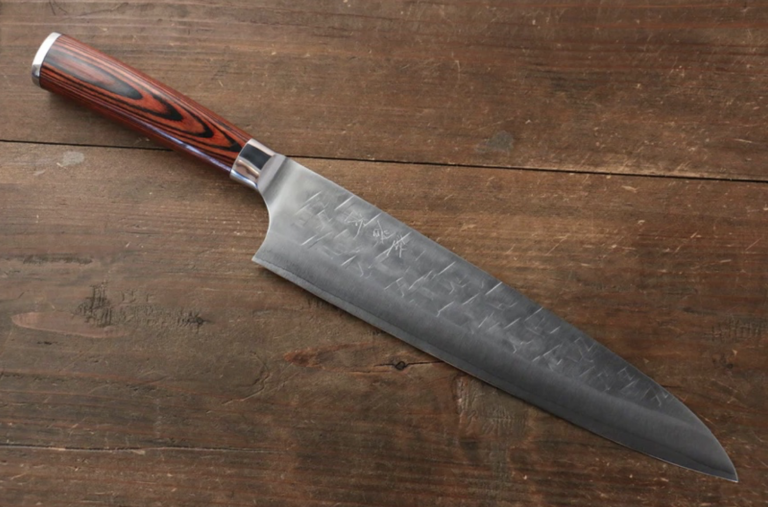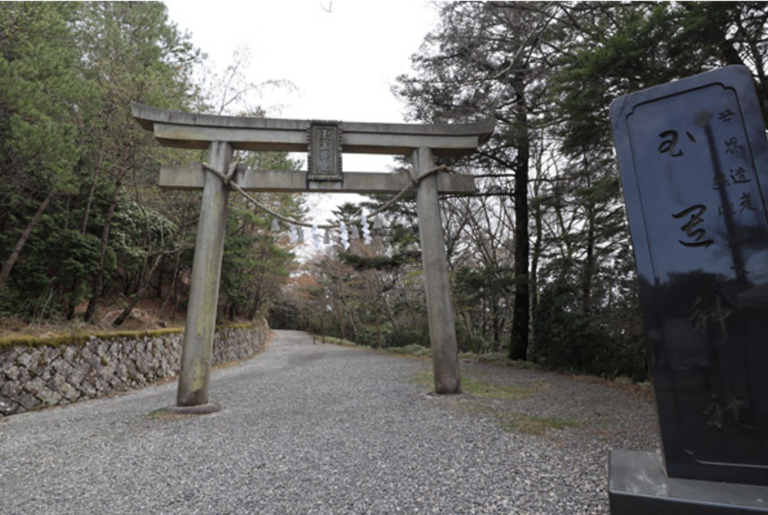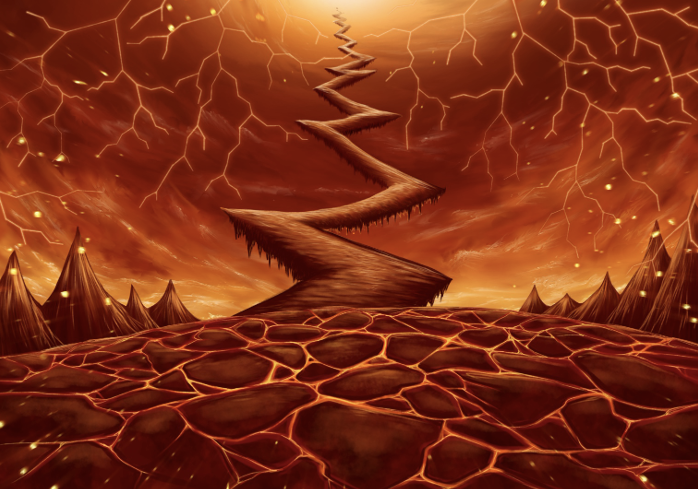The last samurai. What is Yukio Mishima’s legacy?
The Edo period, when samurai were present, ended in 1867. After that, the role of samurai ceased to exist, but their spirit lived on.
I would like to talk about the incident and the aftermath brought about by the Japanese author Yukio Mishima, who is also known as the last samurai of Japan.
Who was Yukio Mishima?
Yukio Mishima is one of the most famous writers of the Showa period in Japan. In 1970 he called for a coup d’etat by the Self-Defense Forces, and finally committed seppuku (ritual suicide by disembowelment).
What was it that Mishima wanted to convey to the Japanese people at the risk of his life?
The Mishima Incident
The coup d’etat attempt is known as the Mishima Incident.
At approximately 10:58 on November 25, 1970, Yukio Mishima and four of his comrades arrive at Camp Ichigaya, a military base in central Tokyo and HQ of the Eastern Command of the Japan Self-Defense Forces. Having made an appointment in advance, they are taken to the commissioner’s office.
Mishima carried with him a military sword that was in the hands of a Japanese army officer at the time of World War II. That military sword was a legendary Japanese sword called “Seki no Magoroku”, which was remade into a military sword.
At that time in Japan (and as it still is), it was forbidden to carry swords, but Mishima always carried a Japanese sword, the “heart of a samurai”.
Mishima’s comrades restrain the commissioner with rope. A barrier is created with chairs and desks in the hallway leading to the commissioner’s office. Self-Defense Force personnel, noticing something wrong, attempt to break through and in the ensuing brawl, they fail to reach the commissioner taken hostage and eight personnel end up suffering injuries. The police are then notified.
Mishima had but one request: To have all the Self-Defense Forces officers in the garrison assemble to hear his speech.
Mishima’s speech went roughly as follows:
Listen up, all of you.
One man is appealing to you for his life.
The Japanese people must rise up now,
The Self-Defense Forces have to rise up.
If this continues, you are nothing more than underlings for the U.S. military.
For four years I have waited for you, the Self-Defense Forces, to rise up.
And now, for the last half hour, here we are, waiting for you to rise up.
You are samurai, aren’t you?
How can you defend a constitution that denies you? (The Constitution of Japan denies the possession of an army.)
Why are you bowing to a constitution that denies you?
As long as this exists, you will never be free!
Seppuku
After finishing his speech, Mishima speaks politely to the commissioner, who is bound up.
“I have nothing against you commissioner. We did it for the return of the Self-Defense Forces to the Emperor. I had no choice but to do this.”
He then strips naked from the waist up.
He hands the katana Seki no Magoroku, which he always carried, to his comrade and holds a dagger for himself. He stabs the dagger into the left side of his stomach and cuts to the right, committing seppuku. But a person who is gutted will not die immediately. They will just suffer in pain.
The comrade who received the katana swung it down to cut off Mishima’s head, but he could not sever it. He tried three more times but couldn’t do it. One more comrade succeeded at the end and Mishima’s life was over.
The commissioner, who had been held hostage, apparently accepted Mishima’s passionate sentiments and prayed for his soul.
Present day Japan
Even today, the Constitution of Japan denies that Japan has a military force, but the Self-Defense Forces are a military force themselves, and it is clear to everyone that even if we cry for peace, aggression will never cease. It is also clear that Japan is still part of the US military power and its politics.
Japan’s postwar period is over, and in order to rise up anew, it is necessary to become independent in all aspects. Mishima risked his life to convey this message, and the Japanese people did not accept it.
We do not need to make an army for war, but we will protect ourselves. Isn’t it true that the real end of Japan’s postwar period will come when we get rid of this situation, which is not a natural state of affairs?
I believe that what Mishima wanted to convey should not be forgotten.
ABE KENGO


